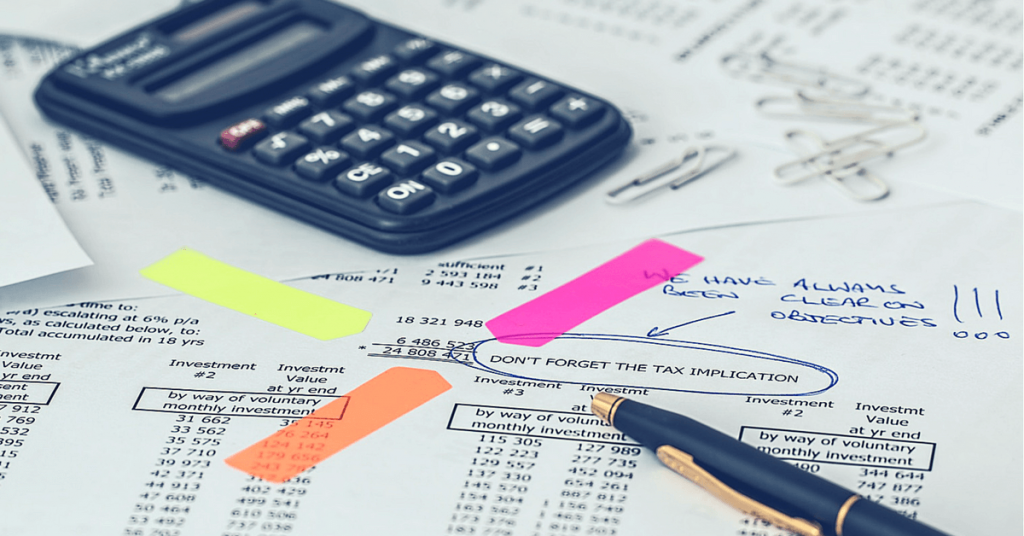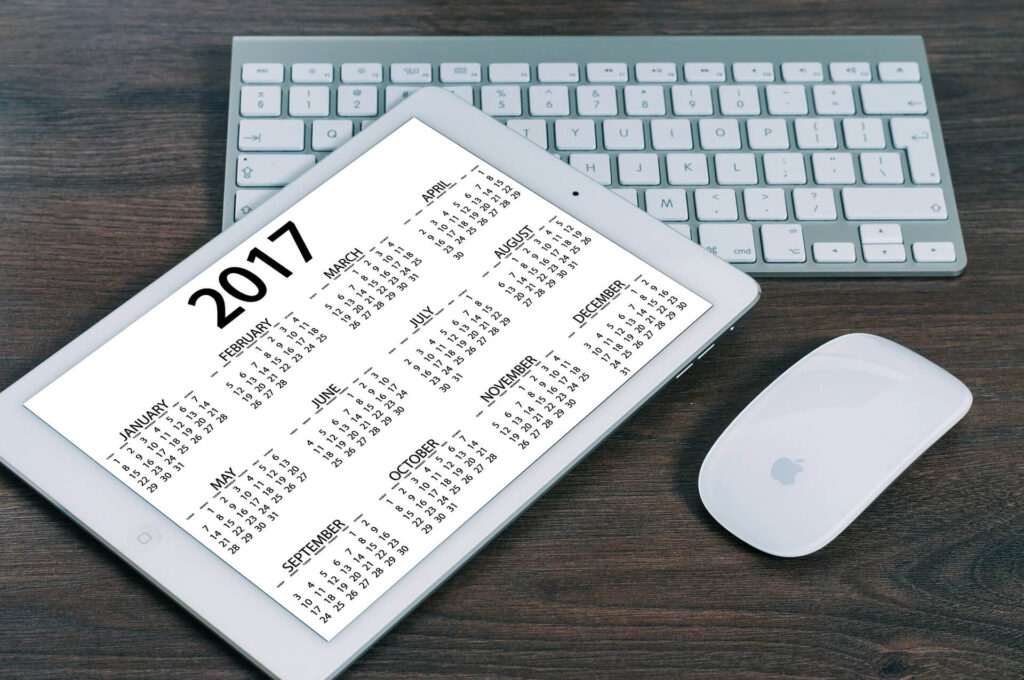Bookkeeping Tips for Small Businesses To Keep Clean Business Records
We hate keeping our books. As a business owner, I am sure you agree with me. Your time is precious. You have to worry about how to increase your sales. Or how to keep your customers satisfied. The last thing you want to do is to record your business transactions.
Do it a little. Everyday
Consistency is the most important principle of bookkeeping. Make an effort to record your transactions every day. No exceptions. If you push this task to year-end or month-end, it is going to be more tedious than you thought. When I help my friend look in his 10 months worth of accounting records, it took me 5 days to record everything. Then I can start my analysis.
Define a Chart of Account
Each transaction category has a unique identifier, known as Account Code. This transaction category is also known as the ledger. To get started in bookkeeping, it is better to have a chart of accounts to guide how can you categorise transactions.
Reconcile Your Bank Statements Every Month
Your bank statements are one of the most important documents to keep. They are the only business record you can trust. The bank statements are the basis for everything else. Let say you have started recording your transactions. At the end of the month, you realize that there is a difference between your accounting records and the bank statements.
You need to find out why. This is known as bank reconciliation. Some differences are valid. You might record a cheque receipt on end of the month. But the bank might take 2 days to process them. If there are no valid reasons, then you have to investigate. It might be due to inaccurate accounting records. Or it can be due to fraud.

Bookkeeping
Bookkeeping is the recording of financial transactions, and is part of the process of accounting in business. Transactions include purchases, sales, receipts, and payments by an individual person or an organization/corporation. There are several standard methods of bookkeeping, including the single-entry and double-entry bookkeeping systems. While these may be viewed as “real” bookkeeping, any process for recording financial transactions is a bookkeeping process.
Bookkeeping is the work of a bookkeeper (or book-keeper), who records the day-to-day financial transactions of a business. They usually write the daybooks (which contain records of sales, purchases, receipts, and payments), and document each financial transaction, whether cash or credit, into the correct daybook—that is, petty cash book, suppliers ledger, customer ledger, etc.—and the general ledger. Thereafter, an accountant can create financial reports from the information recorded by the bookkeeper.
Bookkeeping refers mainly to the record-keeping aspects of financial accounting, and involves preparing source documents for all transactions, operations, and other events of a business.
The origin of book-keeping is lost in obscurity, but recent researches indicate that methods of keeping accounts have existed from the remotest times of human life in cities. Babylonian records written with styli on small slabs of clay have been found dating to 2600 BCE. The term “waste book” was used in colonial America, referring to the documenting of daily transactions of receipts and expenditures. Records were made in chronological order, and for temporary use only. Daily records were then transferred to a daybook or account ledger to balance the accounts and to create a permanent journal; then the waste book could be discarded, hence the name
The bookkeeping process primarily records the financial effects of transactions. An important difference between a manual and an electronic accounting system is the former’s latency between the recording of a financial transaction and its posting in the relevant account. This delay, which is absent in electronic accounting systems due to nearly instantaneous posting to relevant accounts, is characteristic of manual systems, and gave rise to the primary books of accounts—cash book, purchase book, sales book, etc.—for immediately documenting a financial transaction.

Basic Bookkeeping and Working With an Accountant
A little basic bookkeeping can go a long way in keeping your business organized and profitable. Learn what you’ll need to know and how to find qualified professionals to help you.
If you want to succeed in business, you need to know about financial management. No matter how skilled you are at creating a product, providing a service, or marketing your wares, the money you earn will slip between your fingers if you don’t know how to efficiently collect it, keep track of it, save it and spend or invest it wisely.
Poor financial management is one of the leading reasons that businesses fail. In many cases, failure could have been avoided if the owners had applied sound financial principles to all their dealings and decisions. Financial management is not something that you can leave to your banker, financial planner or accountant—you need to understand the basic principles yourself and use them on a daily basis, even if you plan to leave the more complicated work to hired professionals
Your Basic Bookkeeping
To succeed in business, one of your most important tools is financial analysis, based on your business records. Accurate financial records will help you answer some very important questions
As a small business owner, you probably rely on an outside accountant to do your taxes and prepare financial statements. However, like many small business owners, you may find that it’s too expensive to pay an accountant to do routine bookkeeping chores. Someone in your organization—probably you—must take on the responsibility of keeping an accurate set of financial records. Fortunately bookkeeping software makes this task easier than you might have thought.

POSSIBILITIES WITH AUTOMATED BOOKKEEPING
have machines to do nearly every awful task that we never wanted to do again…a dishwasher for our dishes, washing machine for smelly clothes, GPS for getting us anywhere, cars that drive and park themselves (also for getting us anywhere). But what about other terrible tasks? We’re talking about things that would not only make our personal lives better, but also improve our professional lives.
there’s new technology that can help handle even the most mundane and annoying accounting tasks through automated bookkeeping. In fact, Botkeeper’s CEO started the company for the sheer fact that accounting is the worst
CONNECT YOUR BOOKS TO YOUR BANK AND CREDIT CARD ACCOUNTS
If you’re already up and running with QuickBooks Online or another accounting software, you’ve likely already done this. However, if necessary, Botkeeper will handle making these connections on your behalf in a secure and efficient way. In fact, security is always top of mind, and Botkeeper provides 256-bit encryption on your financial data, and we don’t store your passwords or login information.
SIMPLIFY AND BEAUTIFY YOUR REPORTING
Once your accounts are connected and your Botkeeper has had a chance to make sense of your data, you’ll be able to run myriad reports at any time of day or night. And yes, we said “beautify” in reference to accounting reports. Analyzing your financial reports is easier when they’re presented in a way that’s pleasing to the eye. In addition to standard reports like your profit & loss, balance sheet, and cash flow statement, you’ll also have a customizable dashboard that will pull in metrics from third-party data sources. We’re talking reports on sales, social media and email marketing, etc.
PAY YOUR BILLS
Never wake up in the middle of the night with the sudden reminder that you forgot to pay one of your bills. Botkeeper organizes your bills and makes sure they’re all paid on time, every time.
Accounting Terminology Guide
401(k) Plan
Employee benefit plan authorized by Internal Revenue Code section 401(k), whereby an employer establishes an account for each participating employee and each participant elects to deposit a portion of his or her salary into the account. The amount deposited is not subject to income tax. This is the most common type of salary reduction plans.
A Misstatement is Inconsequential
If a reasonable person would conclude after considering the possibility of further undetected misstatements that the misstatement either individually or when aggregated with other misstatements would clearly be immaterial to the FINANCIAL STATEMENTS. If a reasonable person could not reach such a conclusion regarding a particular misstatement, that misstatement is more than inconsequential
Abatement
Complete removal of an amount due, (usually referring to a tax ABATEMENT a penalty abatement or an INTEREST abatement within a governing agency).
Absorption Costing
An approach to product costing that assigns a representative portion of all types of manufacturing costs–direct materials, direct labor, variable factory overhead, and fixed factory overhead–to individual products.
Accelerated Depreciation
Method that records greater DEPRECIATION than STRAIGHT-LINE DEPRECIATION in the early years and less depreciation than straight-line in the later years of an ASSET’S HOLDING PERIOD